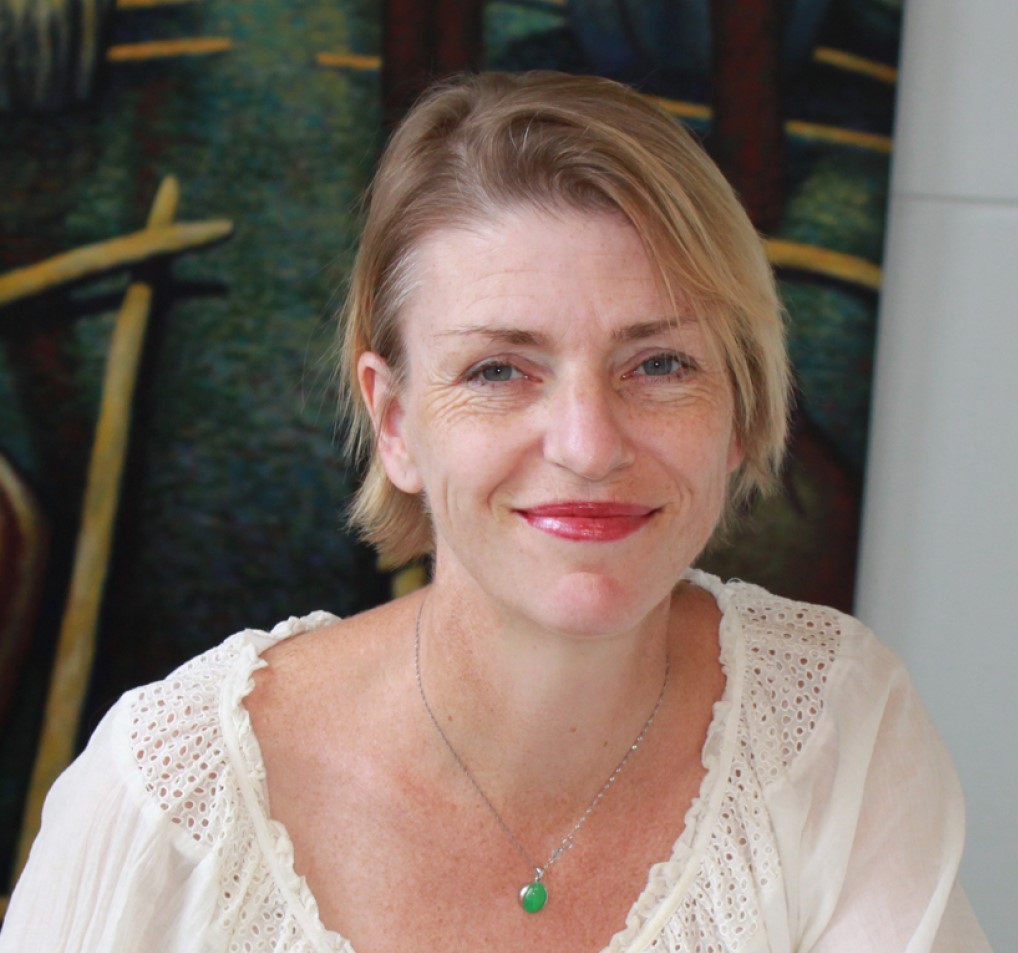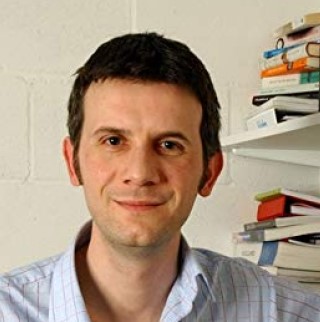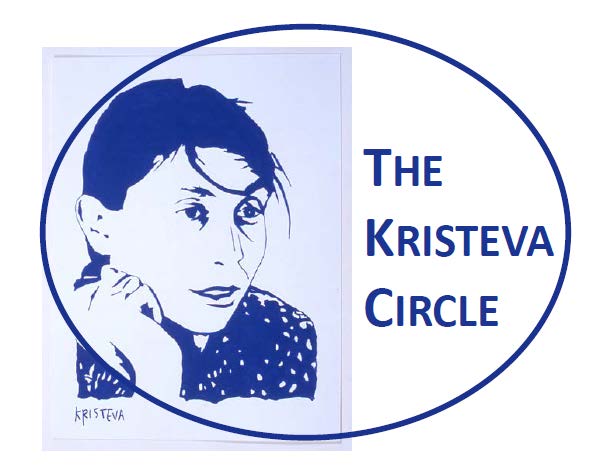CentersSouth-East European Center for Semiotic Studies
Kristeva Circle Call for Papers Sofia 22-23 May 2022
Call for Papers, New Deadline
Appel à contributions
Semiotization and Transubstantiation: Julia Kristeva for the 21st Century
(The Kristeva Circle, May 22-23, Sofia, Bulgaria, 2022)
Hosted by the Southeast European Centre for Semiotic Studies, New Bulgarian University
New deadline for the abstracts: 31 January 2022
Abstracts of around 500 words should be prepared for blind review and sent to kristevacircle@gmail.com Please include a separate document with name, paper title, affiliation, and contact information.
Keynote Speakers:

Cecilia Sjöholm is professor of Aesthetics at Södertörn University. Her research is particularly focused on the relation between art and politics in contemporary culture. She has published extensively on art, psychoanalysis and critical theory, engaging in particular in how art and aesthetics invite us to rethink her political concepts. Her most recent, ongoing project aims to refigure the history of aesthetics through Descartes’ writings on subjectivity. Sjöholm has been active in an international context during many years and has taught at several places in Europe and the United States.Her books include Doing Aesthetics with Arendt; How to See Things (Columbia University Press, 2015), Regionality/Mondiality , ed. with Charlotte Bydler (Södertörn University Press 2014), Translatability, ed with Sara Arrhenius and Magnus Bergh (Albert Bonniers Publisher 2011), Kristeva and the Political (Routledge 2005), The Antigone Complex; Ethics and the Invention of Feminine Desire, (Stanford University Press 2005).

William Watkin is Professor of Contemporary Philosophy and Literature at Brunel University. He is the author of seven books including: In the Process of Poetry: The New York School and the Avant-Garde, On Mourning: Theories of Loss in Modern Literature, The Literary Agamben: Adventures in Logopoiesis, and A Critical Introduction to Badiou’s Logics of Worlds. His two most influential books, Agamben and Indifference and Badiou and Indifferent Being, compose the first two parts of a multi-volume critique of the philosophy of difference and development of a new conceptualisation of thought in terms of indifference. The third volume of the project is called Indifference, and should appear in 2021. It will be joined by Deleuze and the Consistency of Indifference and Extensionalism and Indifference, to form a five-part study. Watkin has published on a wider variety of thinkers including Nancy, Derrida, Arendt, Walter Benjamin, Lacoue-Labarthe and of course Julia Kristeva.
---
In the general introduction to her trilogy on the “female genius,” Kristeva notes that Arendt, Klein, and Colette, although not truly excluded, not truly marginalized, are nevertheless “hors de rang:” they cross the boundaries between disciplines; they do not conform to ethnic or political allegiances; they challenge “left” and “right” establishments; they are rebels who prefer to follow their freedom to explore outside of dominant currents, institutions, parties, or schools. Half a century after the appearance of Kristeva’s first book Semeiotike (1969), there can be no doubt that her own work partakes of this “hors de rang.” Moreover, Kristeva has elaborated throughout the years a formidable theoretical elucidation of the ontological and the historical conditions imposing the singular destiny of the female genius. And yet, like the work of her heroines, Kristeva’s contribution is both hors de rang and at the heart of her epoch(s).
In the spirit of this crossing of the singular and the communal, the eighth annual meeting of the Kristeva Circle invites papers addressing both the unique aspects of Kristeva’s conceptual multiverse, and their dialogical engagement with the intellectual and political debates of her predecessors and contemporaries. Where does Kristeva’s thought stand with respect to the French “philosophical moment” of the second half of the 20th century (Lacan, Deleuze, Derrida, Irigaray) and how does it relate to trends in philosophy today (Judith Butler, Badiou, Agamben, Laruelle)? How is her work connected to East European literary theory from Jakobson and Bakhtin to Lotman; to the linguistics of Emile Benveniste, whom Kristeva repeatedly calls her “teacher;” to structuralist anthropology; to the rise of semiotics? How does her psychoanalytic probing into the new maladies of the soul inflect her political engagements and her call for retracing Enlightenment humanism not in order to deny it but in order to correct its optimism by facing the problems of “radical evil?”
One of Kristeva’s major terms, the semiotic, is by default paired with the symbolic. In the title for this conference, this early Kristevan concept, which emerges out of her study of avantgarde poetry (Lautréamont and Mallarmé) , is co-opposed (as Lotman would say) to another one, which she develops much later in her work on the modernist novel, on Proust and Colette. This coupling, while insisting on literary and artistic sensoriality and incorporation, takes us in two opposite directions beyond the symbolic, beyond the psychological, beyond the human, and ultimately beyond biology: to the “music of the spheres,” the pulsations of quanta and stars, on the one hand, and to virtual, digitalized embodiments, on the other. Papers addressing the relevance of Kristeva’s work for post- and transhumanism debates as well as evolving fields like software and video game studies are therefore also welcome.
Last but not least, the conference will give the participants the chance to visit the city where Kristeva received her education and wrote her first texts. May 24th, it should be noted, is the Bulgarian Festival of the Alphabet about which Kristeva has written a number of times.
The languages of the conference will be English, French, and Bulgarian.
Conference board: Miglena Nikolchina (Sofia University), Kristian Bankov (New Bulgarian University), Albena Stambolova (New Bulgarian University).
Registration fee: 40 Euro (can be paid at the venue, before that with credit/debit card or IBAN. Contact the organizers for a proforma invoice). The fee includes access to all lectures, workshops, seminars and round tables; badge and materials; coffee breaks, small welcoming reception on 5 Septembre.
The Kristeva Circle supports research on or influenced by philosopher, psychoanalyst, and novelist, Julia Kristeva. Our mission is to establish and advance Kristeva scholarship nationally and internationally. The Circle was established in 2011 by Fanny Söderbäck (DePaul University) and Sarah Hansen (California State University at Northridge) with support from Kelly Oliver (Vanderbilt University).
For more information: www.kristevacircle.org kristevacircle@gmail.com facebook
The conference is organized by the Southeast European Center for Semiotic Studies, with the support of the STRATEGIC DEVELOPMENT FUND of New Bulgarian University
The conference is an event under the auspices of the International Association for Semiotic Studies

